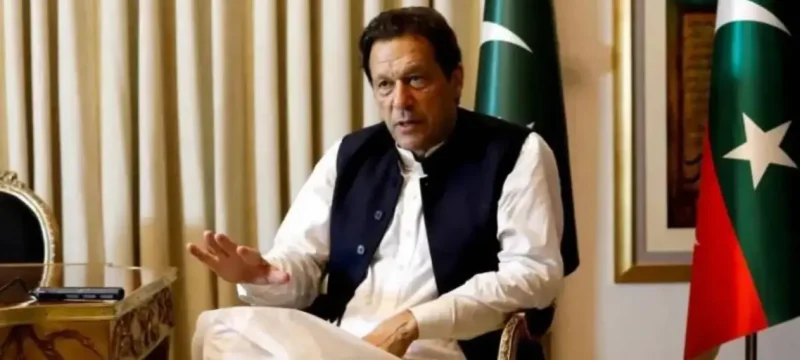The acquittal of Imran Khan and Shah Mahmood Qureshi in the cipher case marks a significant legal development for the Pakistan Tehreek-e-Insaf (PTI) leadership. Despite this victory, both Khan and Qureshi remain incarcerated due to other pending charges and convictions.
Imran Khan’s imprisonment stems from various legal battles, including corruption allegations and his involvement in multiple cases such as the Toshakhana case and the illegal marriage case. While the acquittal in the cipher case offers some relief, Khan’s release from jail hinges on the outcome of his other legal proceedings.
Also Read: The IHC mandates the immediate reopening of the PTI central office
Similarly, Shah Mahmood Qureshi, despite being acquitted in the cipher case, faces remaining charges related to incidents on May 9 and is detained in Rawalpindi’s Adiala Jail. PTI Chairman Barrister Gohar Ali Khan’s expression of hope for Imran Khan’s imminent release reflects the party’s optimism following the court’s decision. However, the road to freedom for Khan and Qureshi remains uncertain given the complexities of their legal entanglements.
Journalist and political analyst Mazhar Abbas highlights the significance of the legal and political implications of the acquittal. However, he also cautions against premature expectations of Khan’s release, given the ongoing legal challenges he faces, including charges of inciting violence against the state. Overall, while the acquittal in the cipher case provides a glimmer of hope for the PTI leadership, the full resolution of their legal predicaments remains unresolved, leaving their future uncertain.









